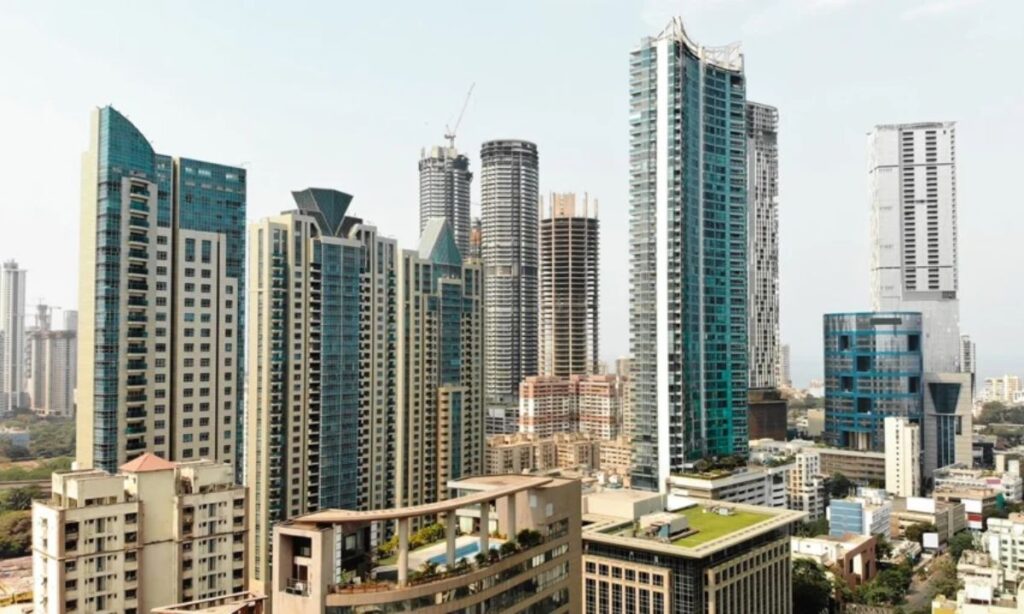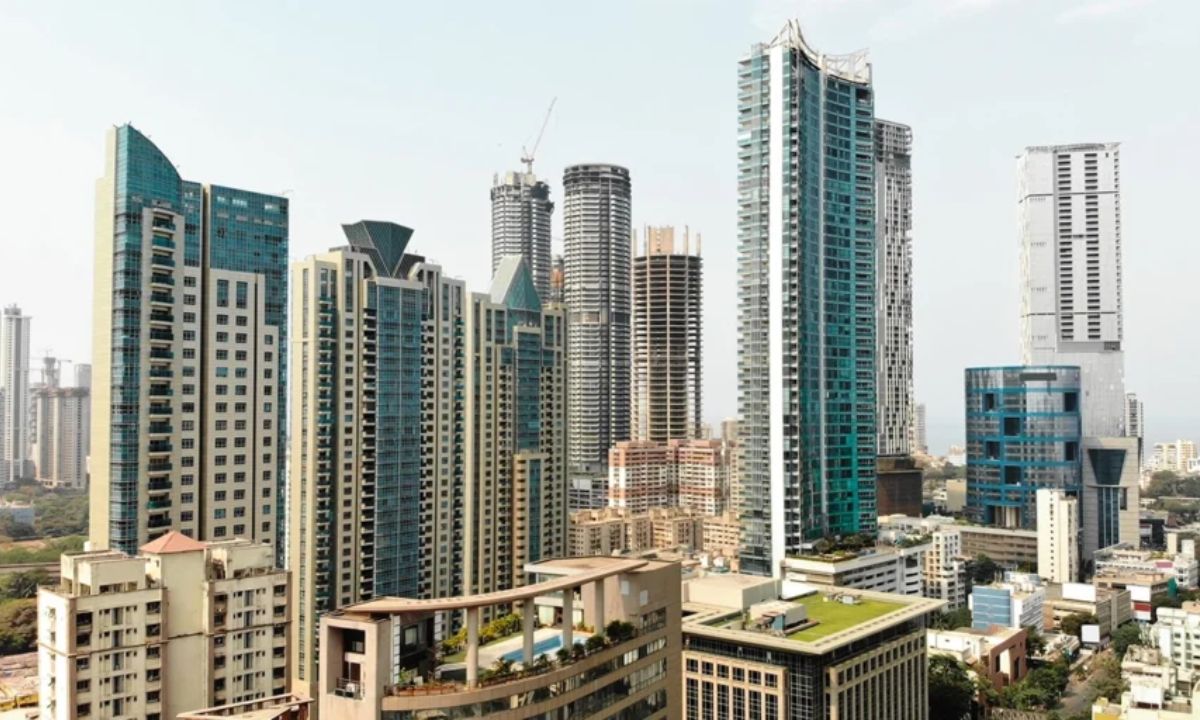The residential real estate market across India’s key metros has witnessed an impressive surge in prices, with Bengaluru emerging as the fastest-growing hub. According to the latest data from The 1 Finance Housing Total Return Index (TRI), residential property prices have increased by an average of 48% over the past five years. Bengaluru, however, outshines all others with a remarkable 79% price jump, reaffirming its status as a highly sought-after residential destination.

Rapid Growth Across India’s Real Estate Markets
The 1 Finance Housing TRI, a comprehensive index that factors in per square foot (PSF) prices, rental yields, and city population weights, reflects the underlying dynamics of India’s evolving housing market. The TRI rose from 167 in 2020 to 247 in 2025, underscoring the sector’s sustained growth.
Bengaluru Leads the Surge
- Price increase of 79% over five years
- Continues to attract residents and investors due to its tech-driven economy and lifestyle offerings
Mumbai: The Costliest Market
- PSF prices stand at ₹26,975 per sq ft, highest among Indian metros
- Market remains premium despite slower growth compared to Bengaluru
Pune’s Strategic Approach
- Developers reduced new launches by 20% to balance supply
- Focus on absorption of existing inventory amid rising demand
Hyderabad’s Oversupply Challenge
- Unsold inventory surged by 177%, signaling supply glut
- Market adjustment needed to restore equilibrium
Delhi NCR’s Demand Strength
- Unsold inventory dropped by 30%, reflecting strong buyer interest
- Robust demand supports price stability and growth
Chennai’s Supply-Demand Gap
- New launches up by 51%, sales only grew by 10%
- Indicates a possible oversupply or slower absorption rate
Kolkata’s Market Contraction
- Both launches and sales declined by 29%
- Market faces slowdown amid weak demand
Market Overview: Supply, Sales, and Price Trends
- New home launches increased by 10% from 2020 to 2025
- Sales outpaced supply with a 33% jump in transactions
- Unsold inventory grew by 32%, pointing to pockets of oversupply
- Overall price appreciation of 48% highlights strong market potential
Quick Facts Table: Indian Metro Real Estate Snapshot (2020–2025)
| City | Price Increase (%) | Unsold Inventory Change (%) | New Launches Change (%) | Sales Change (%) | PSF Price (₹) |
|---|---|---|---|---|---|
| Bengaluru | 79 | Data Not Provided | Data Not Provided | Data Not Provided | Not Specified |
| Mumbai | Moderate | Data Not Provided | Data Not Provided | Data Not Provided | ₹26,975 (Carpet) |
| Pune | Moderate | Data Not Provided | -20 | Data Not Provided | Not Specified |
| Hyderabad | Moderate | +177 | Data Not Provided | Data Not Provided | Not Specified |
| Delhi NCR | Moderate | -30 | Data Not Provided | Data Not Provided | Not Specified |
| Chennai | Moderate | Data Not Provided | +51 | +10 | Not Specified |
| Kolkata | Declined | Data Not Provided | -29 | -29 | Not Specified |
Expert Insights
“Bengaluru’s real estate market continues to benefit from its expanding IT and startup ecosystem, attracting a growing population and driving robust housing demand,” said Rajesh Sharma, Chief Analyst at The 1 Finance.
Ajay Mehta, Managing Director of Skyline Developers, noted, “Mumbai’s premium pricing reflects its long-established status as a financial hub, but emerging cities like Bengaluru and Pune offer attractive investment opportunities due to faster growth rates.”
Frequently Asked Questions (FAQs)
Q1: What is driving the rapid price increase in Bengaluru?
A1: Bengaluru’s growth is fueled by its thriving technology sector, increasing population, and limited housing supply, pushing prices up by 79% over five years.
Q2: Why is Mumbai still the most expensive market despite slower price growth?
A2: Mumbai’s premium pricing is due to its status as India’s financial capital, high land costs, and strong demand for luxury housing.
Q3: What challenges is Hyderabad facing in the housing market?
A3: Hyderabad has a significant oversupply, with a 177% rise in unsold inventory, leading to price stabilization challenges.
Q4: How have Pune developers responded to market conditions?
A4: Pune developers have reduced new launches by 20% over five years to control supply and maintain healthy market dynamics.
Q5: What does the overall price increase indicate for investors?
A5: The 48% average price rise across major cities signals strong growth potential and opportunities for real estate investment in India.
